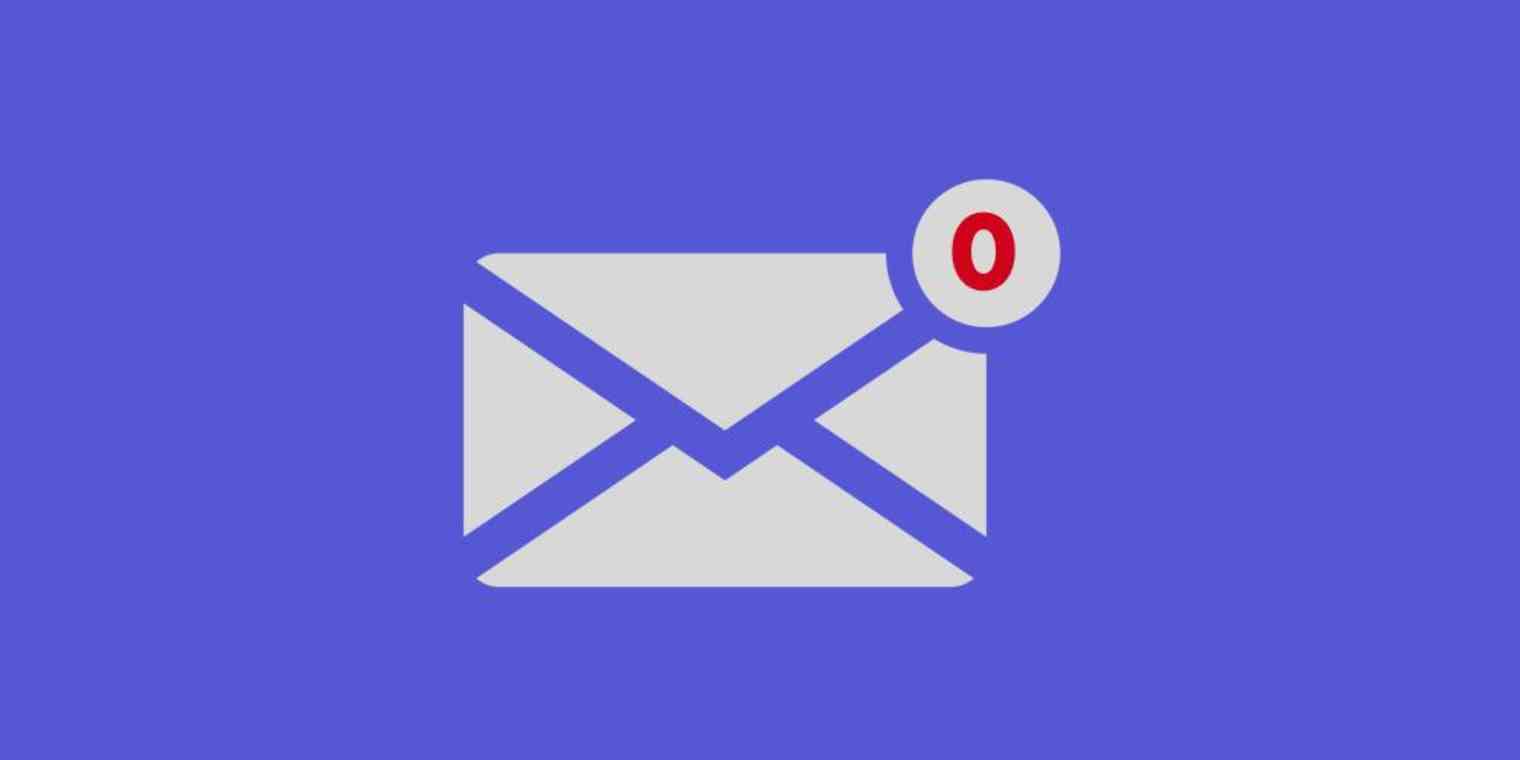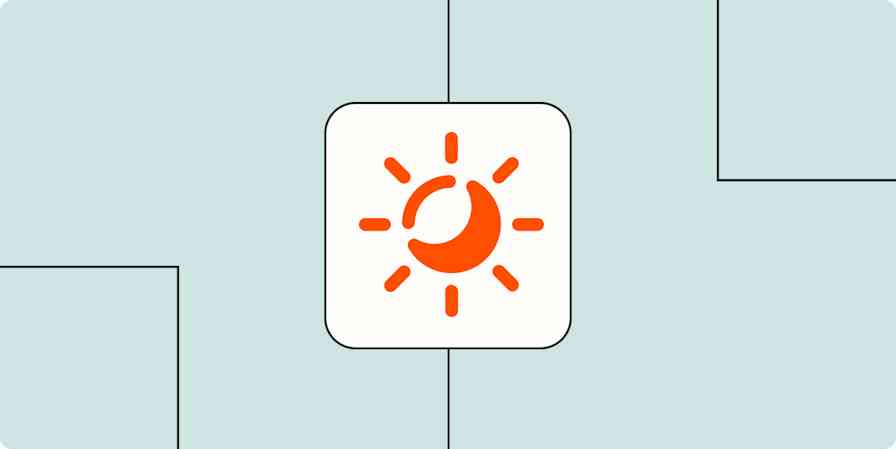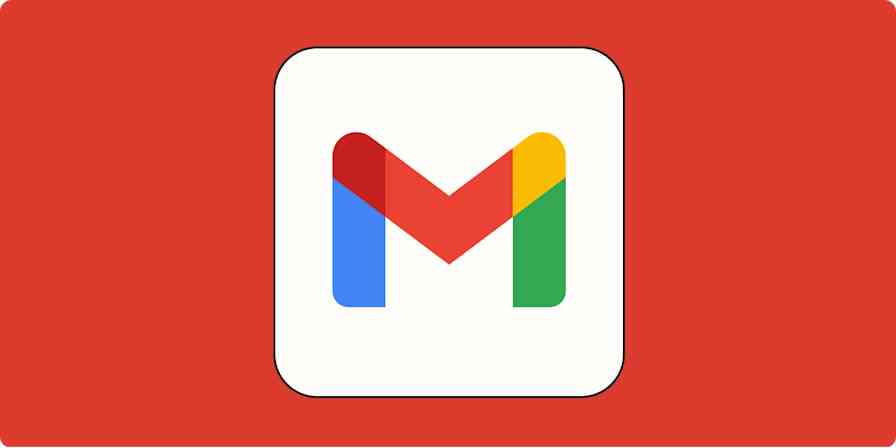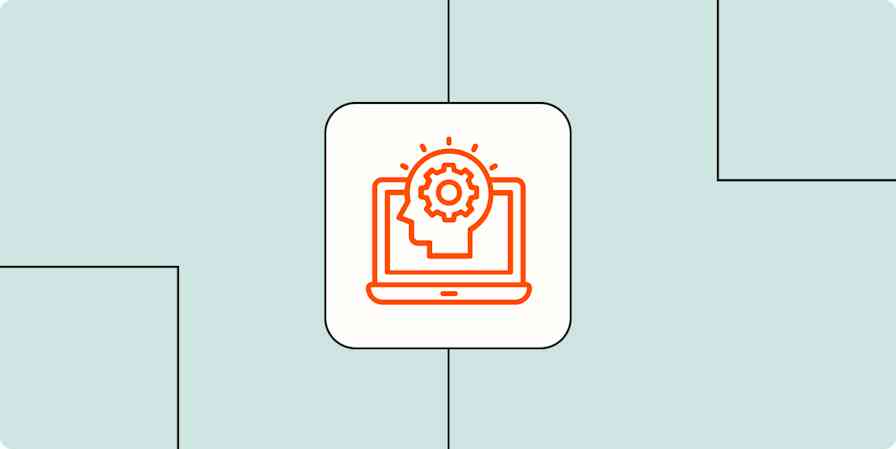No one is happy about their email. Our inboxes are a mix of stuff we don't need, stuff we know we should be doing, and a few messages from actual human people that we'd like to get back to (later). New emails used to be a welcome thing; now, less so.
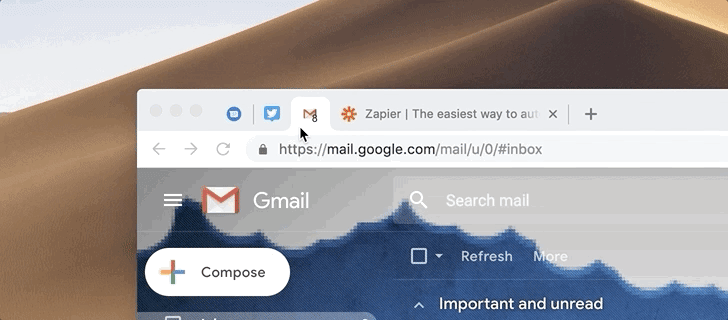
Which brings me to Inbox Zero. Long heralded as the solution to The Email Problem, Inbox Zero is seeing a bit of a backlash lately. Why? Because keeping your inbox empty, according to some, is simply unrealistic.
Remind Me, What Is Inbox Zero?
Inbox Zero is a system—nay, a philosophy—for managing your email. It was originally outlined by Merlin Mann way back in 2006, when Gmail was relatively new, smartphones weren't really a thing, and dinosaurs roamed the earth looking for free wifi¹.
Inbox Zero quickly evolved to mean lots of different things to different people, but the heart of Mann's advice is simple: the ideal inbox is an empty inbox. How do you get to an empty inbox? By deleting emails that don't matter, acting on ones that do, and delegating whenever possible.
My colleague Melanie describes Inbox Zero like this:
Somewhere between fanatically checking our email every two minutes and letting email collect like dust in an abandoned attic, there's a solution: a system for working with the constant flow of email, so that Inbox Zero becomes a habit rather than an elusive goal. At its true core, Inbox Zero is about more efficiently dealing with our email so we can get out of the inbox and back to what matters most.
So Why Do People Think Inbox Zero Is Bad?

The counter-argument to Inbox Zero is basically that it's impractical to spend that much time managing email. Taylor Lorenz, writing for The Atlantic, started 2019 by recommending people give up on Inbox Zero:
In 2019, I suggest you let it all go. There is simply no way for anyone with a full-time job and multiple inboxes to keep up with the current email climate.
The problem, according to Lorenz, is that she gets way more email than any person could hope to keep up with. She instead proposes a new system: Inbox Infinity. She told close friends and family that she won't be responding to emails anymore, then set up an autoresponder, which informs would-be contacts that she probably won't see their email or ever write back. To quote the piece again:
Since putting up my own out-of-office responder on my personal inbox and adopting inbox infinity, I’ve felt my stress about opening my mailbox decrease. I’ve also found that setting the expectation that I may never see or reply to an email makes people even more grateful when they do get a response. I’ve even started sending fewer emails, a consequence of spending less time in my inbox.
Ryan Hoover, the founder of Product Hunt, set up a similar autoresponder. He explains why in the article:
As much as I’d love to get to Inbox Zero, it’s not the best use of my time when I have so many other commitments I’ve made to my team, friends, and family.
Lorenz's article prompted responses in Bustle, NPR, The Guardian, and even the Trello blog. And I can understand why. Email is a huge source of stress for many people, and it doesn't usually feel like a very productive one.
Giving up on the cultural expectation that you'll respond to emails is liberating, especially if it leaves you with more time to focus on doing the tasks that matter most to you. But is it really possible to just give up on email?
One Problem With Inbox Infinity
I can really sympathize with the Inbox Infinity worldview. I used to work as a tech journalist, meaning I got a lot of emails from marketers.
Like, a lot.
So I know what it's like to get more email than you can possibly keep up with. Here's a quick recreation of my workflow sorting through those emails:
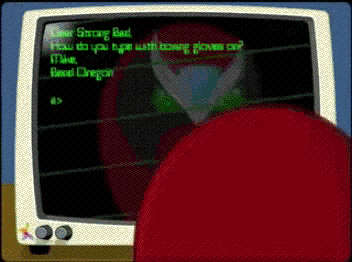
I'd spend time every day reading and deleting emails so that, when I got something that was actually important, I'd notice it and (hopefully) respond to it. Could I have just given up on email, set up an autoresponder, and gotten to work on actually writing? Absolutely! But only because I was in a position of relative power.
In the marketer-journalist relationship, it is the marketer who is seeking attention and the journalist who is rationing it out. My problem with Inbox Infinity: Most people aren't in a position of power.
If you're a real estate agent, you need to respond to emails from potential buyers, or you might miss out on a customer. If you work in support, you need to respond to customer questions quickly, or you're going to have unhappy customers. If you're running a catering company, you need to respond to emails from potential customers, or you might miss out on a potential order.
You get the idea. Inbox Infinity might work if you're a journalist, a CEO, or anyone else whose attention is valuable enough that people will seek it out even after getting an autoresponder. That's not the case in all industries, however—in some jobs being unresponsive means missed opportunities.
Get To The Point, Justin, Is Inbox Zero Good or Bad or What?
This is the internet, so naturally, you want me to tell you whether Inbox Zero is good or bad so that you can decide whether I'm good or bad, depending on whether I agree with you. I'm going to disappoint everyone and say it depends, even though my headline promised a clear answer. Sorry/not sorry.
Inbox Zero works for me. Mostly². I try to only check my email once a day, and try to empty it out so that I'll remember to respond to the important bits.
But I don't think the system you use matters so much as actually having a system and making sure it works for you. The thing to remember is that email is a tool, not some time sink you have no control over. Email was created for humans, not humans for email. Having a system for dealing with email helps keep this in mind.
If that system is Inbox Zero, great! The same goes for Inbox Infinity, if you're in a position where you can do that. We've outlined several other email strategies in the past, so be sure to read up on those as well. The point is to find a system that works for you, then stick to it.
1: Public Wi-Fi wasn't common at the time, unfortunately, which might explain why there aren't dinosaurs anymore.
2: My sincere apologies if you're waiting on a response from me.
